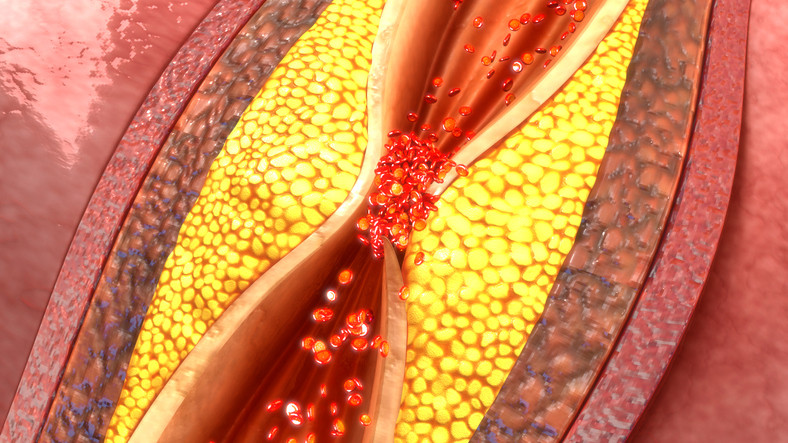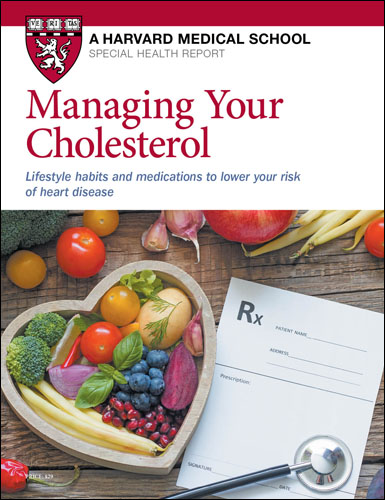Ask the doctor: Is it possible to reverse coronary artery disease?
Ask the doctor
Q. I have coronary artery disease. Is this something I can have cured or get rid of, or is keeping it from getting worse the best I can do?
A. If you have the gumption to make major changes to your lifestyle, you can, indeed, reverse coronary artery disease. This disease is the accumulation of cholesterol-laden plaque inside the arteries nourishing your heart, a process known as atherosclerosis.
Some of the best evidence that coronary artery disease is reversible comes from autopsies performed on people who lived through prolonged periods of starvation during World War II. Their coronary arteries showed little or no atherosclerosis. But as the economies of war-stricken countries recovered and diets "improved," atherosclerosis returned. These findings are considered proof that extreme dietary changes can cause atherosclerosis to melt away.
The development of statins offered the possibility of reversing coronary artery disease more easily. But studies of intensive cholesterol lowering with statins have yielded mixed results — atherosclerosis might decrease in one area but continue to grow in another. Yet even though statins don't always shrink plaque, they still reduce rates of heart attack and stroke. They do this by decreasing the amount of fluid fat inside plaque, by stabilizing the covering over it, and by calming inflammation. Dryer plaques with tougher, more fibrous caps are less likely to break open and cause heart attacks.
If you want to try cleaning out your arteries, take a look at the program recommended by Dr. Dean Ornish. These include his "reversal diet" (a mostly vegetarian diet that delivers no more than 10% of calories from fat and fewer than 5 milligrams of cholesterol a day), daily exercise, stress management, and group support. In a small trial that started out with 48 volunteers, cholesterol-clogged plaque shrank a small amount in the group following these changes compared with an increase in plaque in a control group.
If you decide to try one of these approaches, I would recommend doing it in addition to taking a statin and low-dose aspirin (with your doctor's okay, of course). While your efforts may halt plaque formation and even shrink it, the plaque probably never disappears.
Image: 7activestudio/Getty Images
Disclaimer:
As a service to our readers, Harvard Health Publishing provides access to our library of archived content. Please note the date of last review or update on all articles.
No content on this site, regardless of date, should ever be used as a substitute for direct medical advice from your doctor or other qualified clinician.














